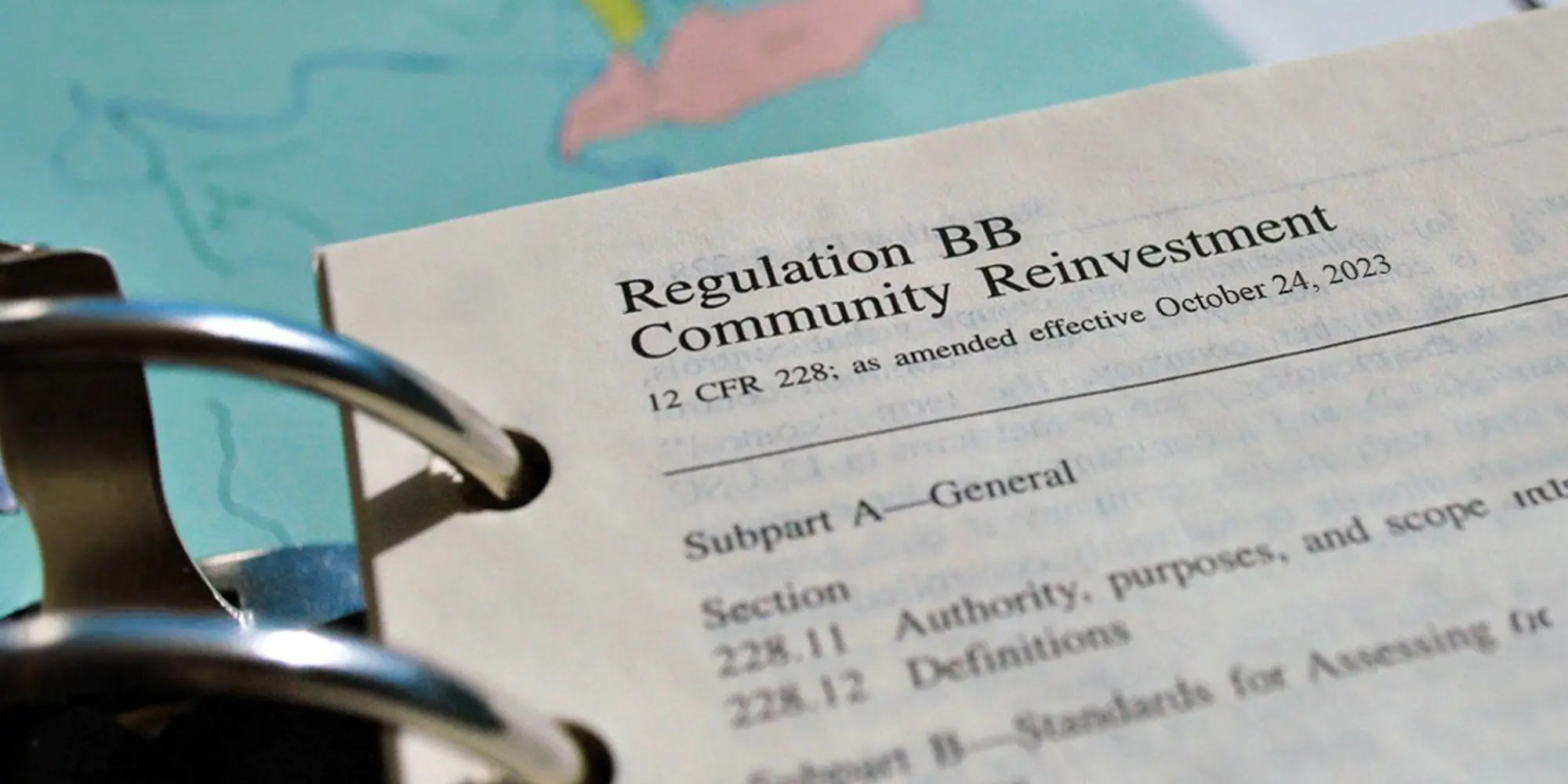The civil unrest from the summer of 2020 continues to make waves in 2021 and has revealed a desire from stakeholders to see companies take a stronger stance, followed by meaningful action, on social and racial justice causes.
Some financial services companies, especially risk-averse and shareholder-beholden corporations, have been slow to embrace the realities of the new citizen stakeholder due to fear of bottom-line risks. But there is a much larger risk in not taking a stand on social and racial justice issues. Clients are spending their money in a way that reflects their personal values, so companies that do not adjust accordingly will undermine their company’s brand and profits.
Consumer passion for racial justice causes – including economic inequality, healthcare inequality, and wealth inequality – is not fleeting. In fact, nearly 80% of Americans say it will be just as important, or more important, for corporate leaders to speak out publicly on social issues over the next four years, compared to today. Approximately 60% of the U.S. population says a brand’s response to racial justice protests will influence whether they buy or boycott the brand in the future. Given the push for accountability by citizens, policymakers, and community activists, companies that avoid taking a clear, values-based position will undercut their brand.
Not only do Americans want executives to take a strong viewpoint on racial justice and socio-economic issues, they want them to follow through with meaningful action. This is critical as executives are increasingly viewed as public-facing thought leaders. The decision for a company to be silent may not only ostracize potential consumers, but it will most likely have ripple effects within a company’s own workforce. Employees are increasingly motivated by how their employers respond to issues they care about.
Given that call to lead, we answer the question: “how might financial services companies looking to thoughtfully address racial justice issues carve a new path that resonates with stakeholders and the broader public?”
1. Balance your company’s brand and agenda
Companies must clearly align their business strategies with their customers who expect positions on racial justice through both public statements and financial decisions. A seismic shift occurred in 2019 when JP Morgan Chase, Barclays, Wells Fargo, Bank of America, BNP Paribus and SunTrust all divested from the private prison industry as a result of being held accountable by grassroots activists, shareholders, policymakers, and investors. Racial justice is the next frontier that financial services companies must address.
To start, companies must actively listen to learn about their communities’ unique pain points and to create focused plans of action based on learned insights. By listening to and understanding the needs of communities, they will better know how to respond to racial justice causes happening in their own backyard.
Social media is a powerful tool in an age where one tweet or Instagram post can spark a national movement. Look at the social unrest from the summer of 2020, when many companies stopped advertising on Facebook and Twitter as a way to protest hate speech that festers on platforms. On the flip side, those same platforms are necessary for brands to connect with their consumers and share the progress they are making on racial justice initiatives. It is important to connect and engage with your stakeholders, but more important to do so thoughtfully.
2. Track your progress
It is no longer enough for financial services companies to issue a statement condemning inequality, racial justice, or the impact of the pandemic on Black, Latinx, and underserved communities. Companies must be genuine in their actions and incorporate the needs of local communities into their initiatives if they want to contribute to real transformation. They should develop thoughtful plans and hold themselves accountable by tracking implementation of those plans.
If a corporate responsibility initiative is not effective, try to understand why from each community’s perspective. Reassess, revise, and review. This builds trust with the community, and with the company’s brand, if done transparently.
3. Deploy capital in the right places
Shareholders should view their investments as the starting point instead of the end point. Most companies in financial services pledged to deploy capital to communities and organizations in need last summer. To be impactful, the allocation of capital must maximize outcomes and unlock value for every dollar spent. That takes time because any true recovery will be prolonged for those communities most impacted.
The end goal? Create an environment where investment translates into economic development and personal financial security for Black, Latinx, and other underserved communities. It is no longer enough to invest in CDFIs or MDIs but to ensure investments are made within the broader context of where the money will go and what it will do to drive the overall health of communities.
It is important that investors remain patient and view investments as long-term because sustainable progress does not happen quickly.
Through thoughtful processes, companies can stand up for racial justice
Trust, authenticity, and ongoing partnership with community, for community, are the key ingredients of successful racial justice movements. Companies figuring out their unique response to racial and economic inequality should start by pausing to understand the data gathered through community engagement.
It is important for companies to deepen their community partnerships and strengthen engagement with underserved populations across the country. The key is authentically approaching communities to hear from them as those with insight and power. This approach will provide an in-depth and honest read. Most critically, once that insight and knowledge is shared, companies must actively listen and bring power to that voice.
C-suite executives will continue to factor racial justice into their decision-making in the years to come. If 2020 will be remembered as the year social, economic, and moral issues were front and center for corporations, 2021 will be the year stakeholders are able to see if companies made measurable progress on their pledges.




